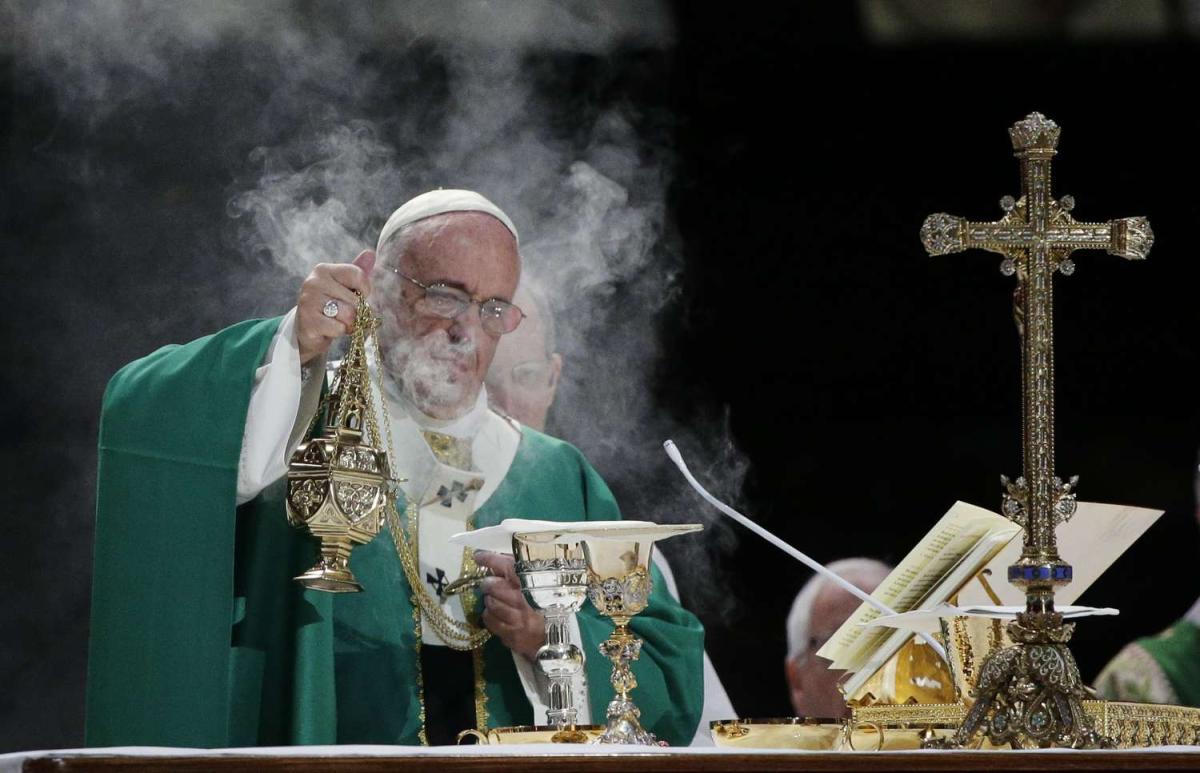I recently received the first copy of my new book, God and War: American Civil Religion Since 1945 (Rutgers UP) and in an attempt both to shamelessly promote it and to place it in some context, I am going to write a few posts related to the resurgence of civil religion in recent books.
While the touchstone for most discussions of *American* civil religion is Robert Bellah’s famous 1967 essay in Daedelus entitled, “Civil Religion in America,” the foundation for the philosophical understanding of civil religion is Jean-Jacques Rousseau’s Social Contract Book IV, chapter 8. Recently, the political theorist Ronald Beiner wrote a book length study of the term through the political philosophy of four dominant traditions: the original proposal of domesticating religion through a civil-religion in Machiavelli, Hobbs, and Rousseau; the liberal tradition from Spinoza to Rawls; the modern theocratic tradition represented by de Maistre and Schmidt; and the postmodern theism of Nietzsche and Heidegger. As I read through Beiner’s well-explicated treatment of civil religion, I was struck time and again by the clarity of Beiner’s definition of the term and the ambiguity of what the term has implied over time. For example, Beiner notes very early on that all the thinkers he profiles while contributing to the “radical secularization of modern politics,” have expressed “not a little sympathy for some manner of theocracy.” The twist here, of course, what kind of “theocracy”? Certainly not Christian or Muslim or Jewish but civil religious. Giants of western modern western philosophy have all pondered how best to appropriate religion by politics for their own purposes. As Beiner explains: “Civil religion is the empowerment of religion, not for the sake of religion, but for the sake of enhanced citizenship–of making members of the political community better citizens, in accordance with whatever conception one holds of what constitutes being a good citizen.”(2)
Read the rest of this post and series here















